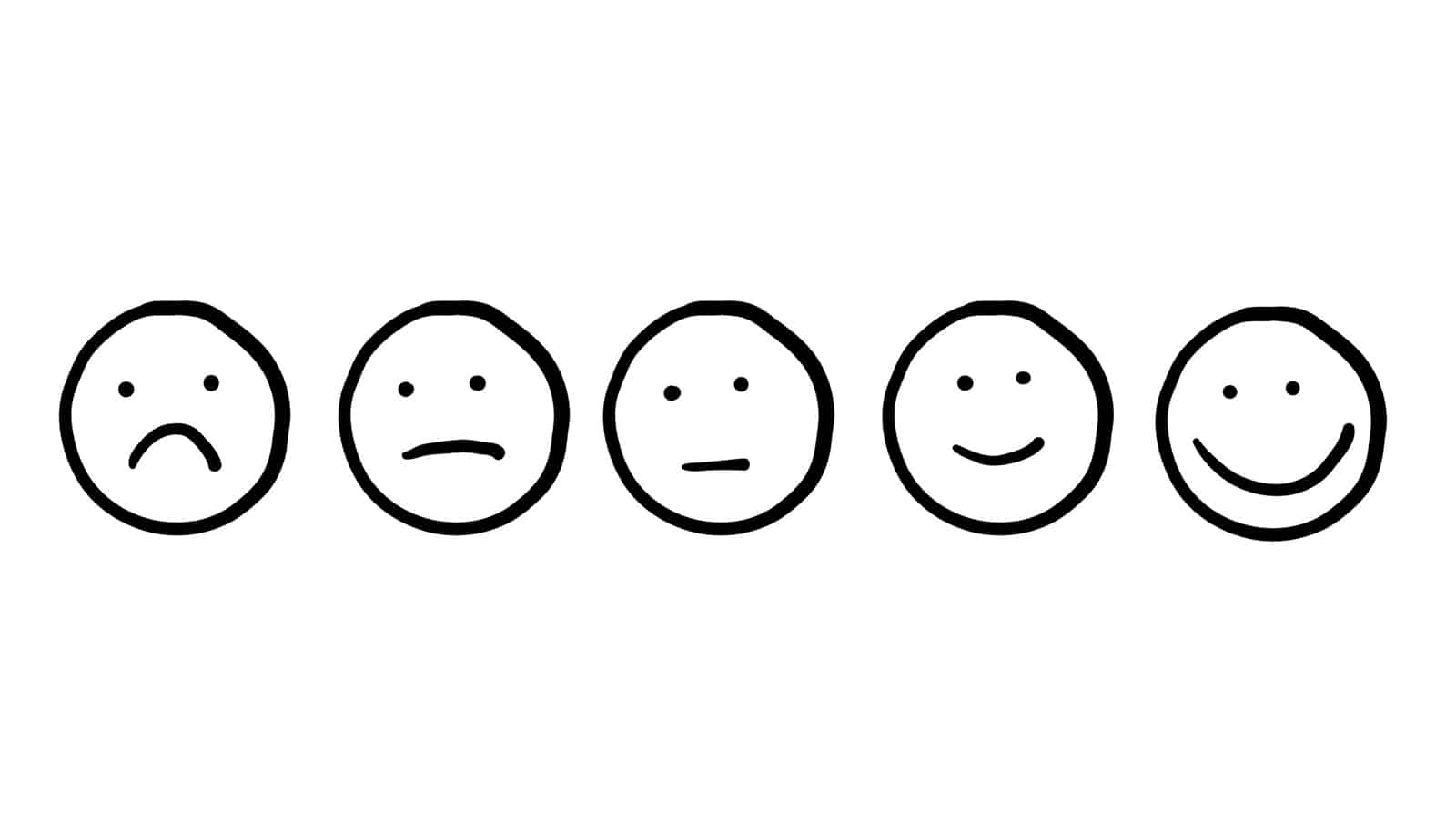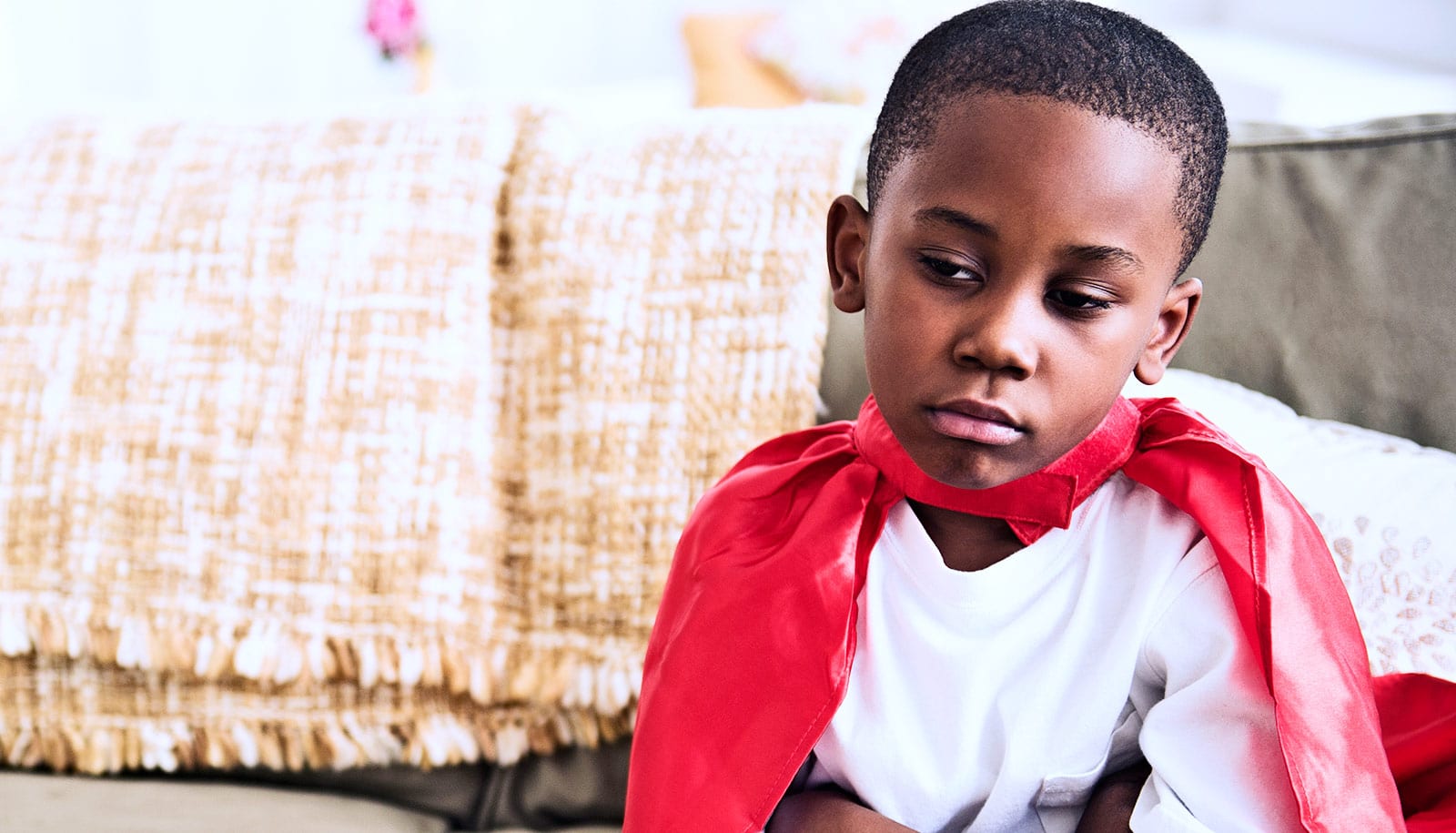The older an adult thinks a Black child is, the more likely the adult is to incorrectly view the child as being angry, according to a new study.
There was no similar shift in adults’ perceptions of white children’s emotions.
“Our earlier work had established that racialized anger bias is imposed on both Black adults and Black children,” says Amy Halberstadt, a professor of psychology at North Carolina State University and coauthor of the study in the journal Cognition and Emotion.
“This study shows again that Black children are more likely than white children to be seen as angry, even when they are not angry, which has ramifications for receiving unfair consequences.”
“The new part in this study was to see if anger bias increased as a function of the child’s age,” says first author Alison Cooke, a former PhD student. “Do people see Black children as older and does that increase the likelihood that people will incorrectly perceive Black children as angry?”
To find out, the researchers enlisted 152 parents and had them watch 40 video clips of children showing emotions (none were showing anger). The study participants were asked what emotions each child was exhibiting. These parents were also asked how old they thought each child was, based on still photographs of the same children.
“We found that Black children were not seen as being older than white children,” says Cooke, who is now at the UCLA/Duke National Center for Child Traumatic Stress. “However, the older that study participants thought a Black child was, the more likely participants were to wrongly perceive that child as angry.”
These misperceptions occurred significantly less frequently for white children.
“I think our findings are important for anyone interacting with children, and particularly those in education and law enforcement,” Cooke says. “It really drives home that there is widespread bias in how Black children are viewed and this can have significant consequences for their well-being. We need to address this racialized anger bias in a meaningful way, and that starts with understanding it and raising awareness that it exists.
“This study’s findings highlight the fact that we need teachers and others to focus on interacting with children in a way that is appropriate to their age, not to the age they imagine them to be.”
Source: NC State


